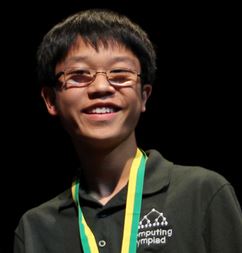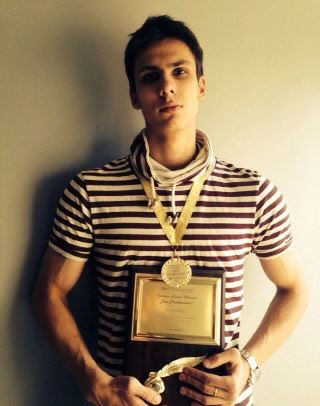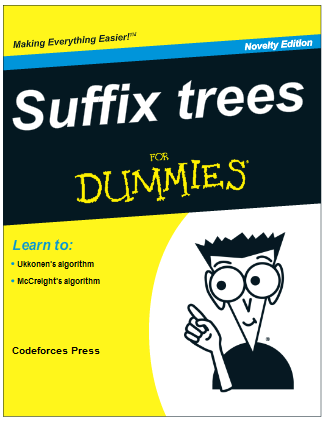Oh yes! Only a few days left before the Championship finals! The teams have already gathered in Yekaterinburg, most of them have registered and are watching a game between Russia and Belgium.
I want to start from some history and remember that the tradition to publish travel notes about Saratov State University's trips to finals started back in 2005. The regular pattern is that almost every year when we made notes, our team won a medal. I won't try my luck, so here are some of the first impressions of this year.


















